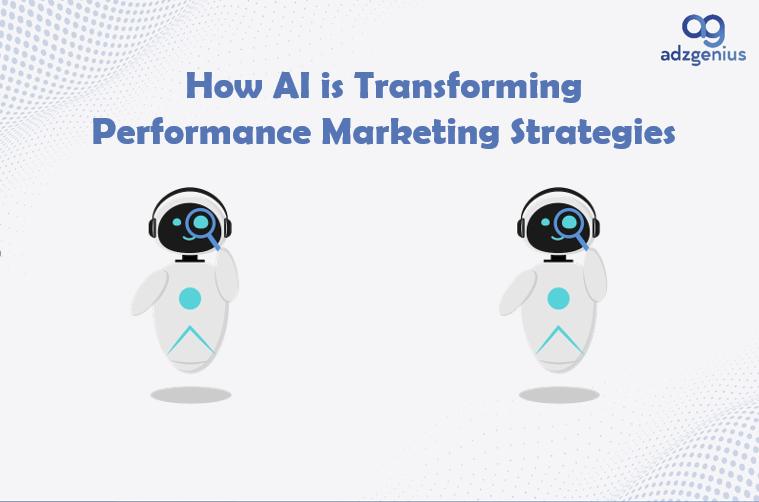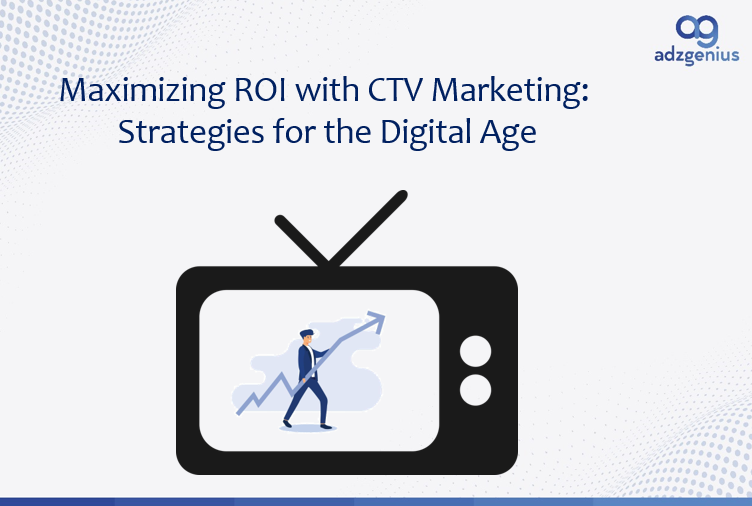What is Performance Marketing?
Performance marketing is a form of digital marketing where advertisers pay for specific actions or results, such as clicks, leads, or sales, rather than for mere ad placements. It is highly data-driven and allows marketers to track and measure the success of campaigns in real time, optimizing them for better results.
Performance marketing typically involves channels like:
- Search Engine Marketing (SEM): Paid search ads on platforms like Google Ads.
- Social Media Advertising: Paid ads on platforms like Facebook, Instagram, LinkedIn, and TikTok.
- Affiliate Marketing: Partnering with affiliates who promote products/services and earn a commission for conversions.
- Native Advertising: Ads that match the look and feel of the platform they appear on.
- Display Advertising: Banner ads on websites, often paid for based on impressions or clicks.
- Programmatic Advertising: Automated, real-time ad buying based on audience data.
Why is Performance Marketing Important?
- Cost-Effectiveness:
- Advertisers only pay for measurable results (e.g., clicks, sales, or leads), ensuring budget efficiency.
- Reduces wasteful spending on ads that don’t deliver results.
- Real-Time Tracking and Optimization:
- Marketers can monitor campaign performance in real time.
- Enables quick adjustments to improve ROI (Return on Investment).
- Measurable Results:
- Every action is tracked and attributed to specific campaigns.
- Provides clear data to evaluate success or areas for improvement.
- Scalability:
- Successful campaigns can be scaled up quickly to reach larger audiences.
- New channels or strategies can be tested with minimal upfront cost.
- Targeted Approach:
- Focused on reaching specific audience segments based on interests, demographics, or behaviors.
- Ensures ads are shown to the most relevant users, improving conversion rates.
- Flexibility and Customization:
- Campaigns can be tailored to suit business goals, whether for brand awareness, lead generation, or sales.
- Marketers can pivot strategies based on data-driven insights.
- High ROI Potential:
- When campaigns are optimized effectively, performance marketing can deliver a high return on investment.
Use Cases for Performance Marketing:
- E-Commerce: Driving sales through targeted ads and retargeting campaigns.
- Startups: Building a customer base with cost-effective campaigns.
- Lead Generation: Collecting valuable customer data for businesses in industries like real estate, finance, or education.
- Mobile App Installations: Promoting app downloads through performance-based ads.
In conclusion, performance marketing is essential for businesses aiming to maximize their marketing budgets and achieve tangible, measurable outcomes. Its ability to deliver targeted, real-time, and data-backed results makes it a cornerstone of modern digital marketing strategies.




